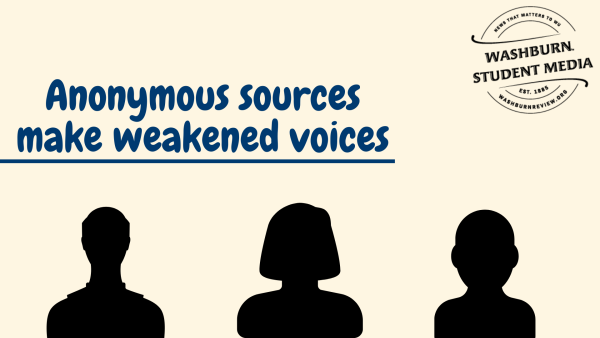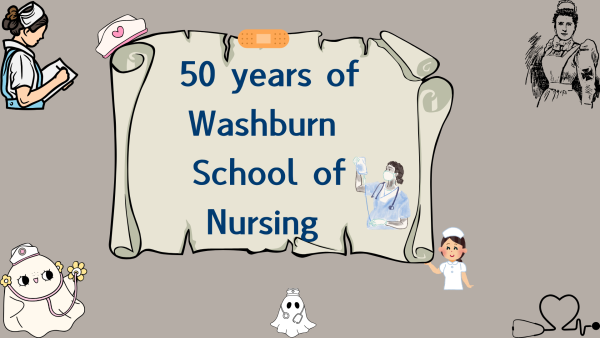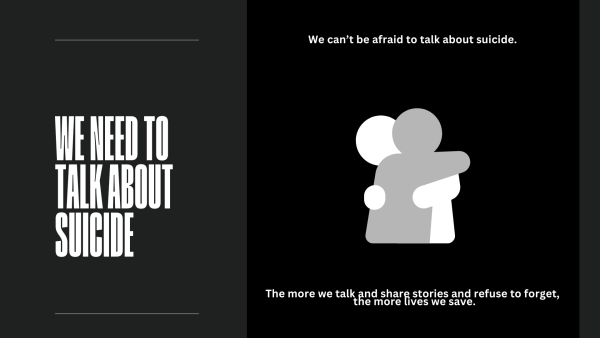Reality TV distorts people’s perception of true reality
Reality shows are TV programs that follow the lives of real people and is meant to be a source of entertainment. However, these shows represent how reality can be distorted through editing and deceiving impacting viewers’ perceptions of reality.
Reality shows can have positive effects on confidence and mental health, but they can also harm self-esteem and present an inaccurate depiction of reality. Linzi Gibson, an associate professor of psychology and cognitive neuroscience specialist, and Katrina Escobar, a recent psychology graduate, both expressed their ideas on how reality shows affect the views of people in the real world and real life.
“Reality shows have greatly impacted the entertainment industry, leading to the creation of numerous new shows. MTV was one of the first platforms for reality shows, which emerged during my teenage years,” said Gibson.
Gibson elaborated that the abundance of reality shows today is evidence of their influence, although younger generations may be less exposed to them due to their preference for online content. Nonetheless, reality shows remain influential, although their degree of influence may differ among generations
“Even though there has been progress in reducing mental health stigma, there is still a need for greater acceptance of therapy as a positive tool for mental well-being. The way mental health is portrayed in the media can be harmful, leading to negative thinking patterns and anxiety,” said Escobar.
She clarified that it is important to be aware of these portrayals to promote healthy attitudes and behaviors toward seeking help for mental health issues. When people feel pressure to conform to a group, they may overlook their mental well-being, leading to a loss of personal identity and disconnection from oneself.
According to the 2020 Hornet Newspaper, viewers of reality television think reality shows only show a small part of reality. Still, they enjoy it because it’s engaging, relatable and they can interact with it. They think that reality shows present a glamorous lifestyle, giving them the impression that their own lives could be like that.
“Watching reality shows can harm our self-esteem as we compare ourselves to more successful or attractive individuals. However, it can also boost our confidence when we see others struggling with problems,” said Gibson.
According to Gibson, reality shows influence our behavior and perception through observational learning. Reality shows are not always completely real, as they may include fictional elements. Watching these shows may cause people to have a distorted perception of reality, which could lead to actions or beliefs that are not ideal.
These shows have become a cultural phenomenon in many ways and people often think they feature real people in unscripted situations. So, viewers are often drawn to these shows because they can relate to the stars, and feel better about their own lives after watching them.Both Gibson and Escobar explained that reality TV shows can give viewers an inaccurate perception of reality due to the psychological mechanisms at play. It is crucial to prioritize one’s mental health and well-being. Reality TV shows, especially those that are scripted, are not a true reflection of reality. Participants may present a calculated version of themselves, and producers may manipulate events to create conflict. As a result, the reality depicted in these shows is often distorted. This portrayal of reality is not real, and viewers might be influenced to engage in negative behavior.
As opinion expressed by ucanews in 2020, these reality shows bring to light the harsh reality that some individuals gain fame by behaving in ways that are not true to their character. In a hostile environment, they may resort to being disrespectful to others, spreading negativity, or lying to climb their way to the top for fame.
Moreover, celebrity culture can be appealing as it presents an easy-to-follow ideal. Comparing oneself to others causes low self-esteem and an inability to appreciate what one has. However, it can be alluring and persuasive as it provides an effortless ideal to emulate and creates a false perception of reality since celebrities’ lives are often different from the average person. Wealthy individuals on these shows can prompt people to want expensive items despite their finances, and social media amplifies this effect. Unattainable goals and opulent lifestyles can harm mental health by reducing motivation, diminishing values and aspirations, and causing disappointment, shame, and hopelessness.
Reality shows can influence our behavior through observational learning, as people may imitate the behaviors they see on TV and compare themselves to the characters on the show. This can result in a desire to mimic the style or behavior of the reality show personalities, highlighting the significant role that these shows have in shaping our actions and thoughts.
Hence, it is necessary to research the popularity of reality TV shows by comparing the characteristics of people who watch them to those who do not. The research should include examining differences in goals and aspirations between the two groups. The speaker questions whether reality TV shows have a significant impact on society and whether their popularity is as high as people believe.
Edited by: Aja Carter, Rakesh Swarnakar and Simran Shrestha
Your donation will support the student journalists of Washburn University. Your contribution will allow us to purchase equipment and cover our annual website hosting costs.
















your mother • Jan 31, 2025 at 11:57 am
this is no help thanks!
Helper • Jan 28, 2025 at 9:29 am
hello guys don’t waste your time on this article u have a small life please enjoy it for once
non • Dec 9, 2024 at 9:32 am
This really didn’t help with what I was looking for, next time, try to focus more on the topic you’re supposed to be writing about. Thanks!
chineses man • Jan 28, 2025 at 9:26 am
damn